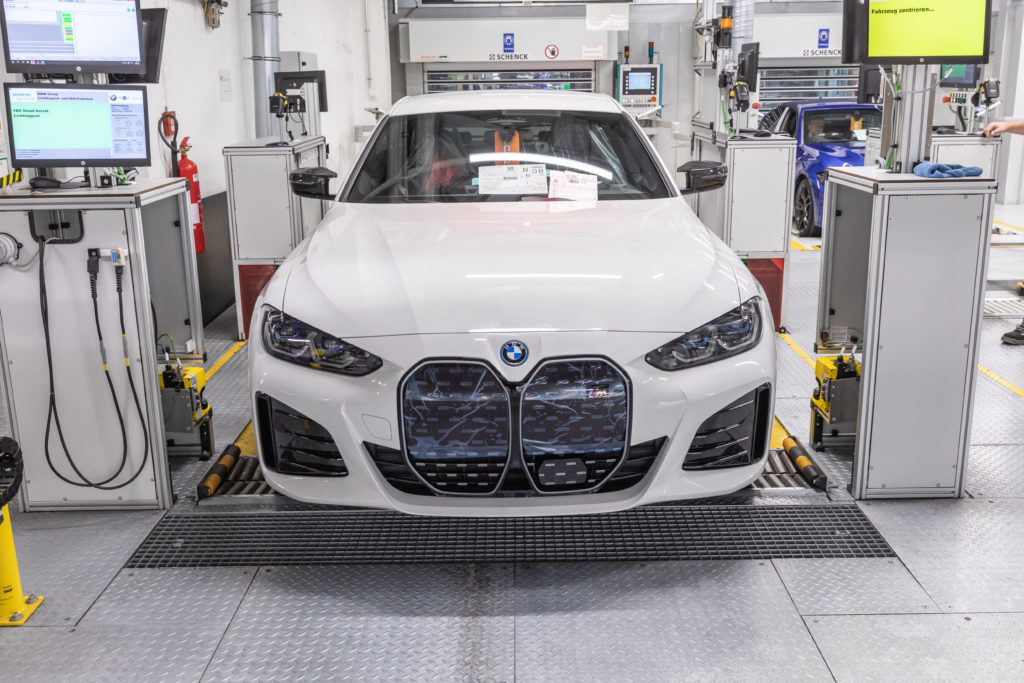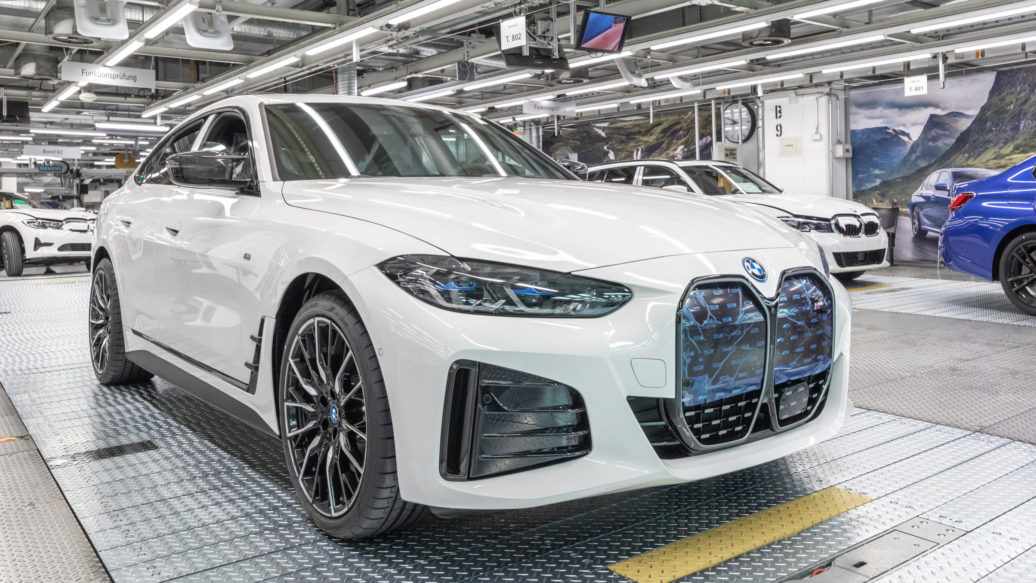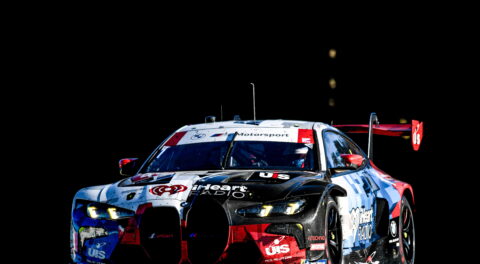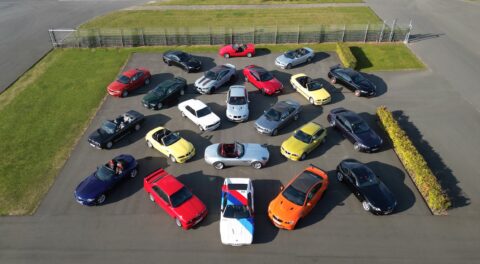According to BMW CEO Oliver Zipse, both of the automaker’s new electric vehicles, the i4 and the iX, are sold out for months, and the company’s transition to an electrified future is well on its way, with production plants prepared for what’s to come. With all of that in mind, BMW is looking to increase its workforce by up to 5% during 2022, or by as many as 6,000 positions. The news comes via Reuters which quotes an interview between German publication Muenchner Merkur and Chairman Zipse.
During the first week of December, BMW delivered its 1,000,000th electrified vehicle, a term which includes both hybrid and purely electric models. The company has a goal of doubling that figure—which took a number of years to realize—by the end of 2022, with a total of 2,000,000 electrified vehicles delivered by the end of the year. Such an achievement won’t be possible without a change in the current supply of crucial inputs such as semiconductor microchips, the use of which is growing at a seemingly exponential pace in the automotive industry. According to Zipse, thanks to ongoing investments being made on the part of semiconductor manufacturers, the end of the current shortage and supply squeeze may be in sight for 2022. “I expect that by the end of next year we will see a largely normal situation,” explained the CEO.

The demand for electrified BMWs is expected to continue, as the brand has a number of other models in the pipeline, including the i7, which will be an electric version of the company’s generational technological flagship, the 7 Series. Other vehicles in the BMW model pipeline include electric versions of the X1 and 5 Series, while Mini and Rolls-Royce also have a few in development, including an electric Countryman and the Rolls-Royce Spectre. Both BMW Group brands have announced their intentions for all-electric lineups within the next decade.
“It won’t be any different there,” Zipse explained in regard to demand for the electric 7 Series and other upcoming models.
The latest developments regarding the i4, iX, and BMW’s plans to expand its workforce come not long after a report indicated that the company may add additional production shifts to satisfy demand for the i4. Production of the i4 began in October, and the first units were delivered at the end of November.—Alex Tock
[Photos courtesy BMW AG.]





















